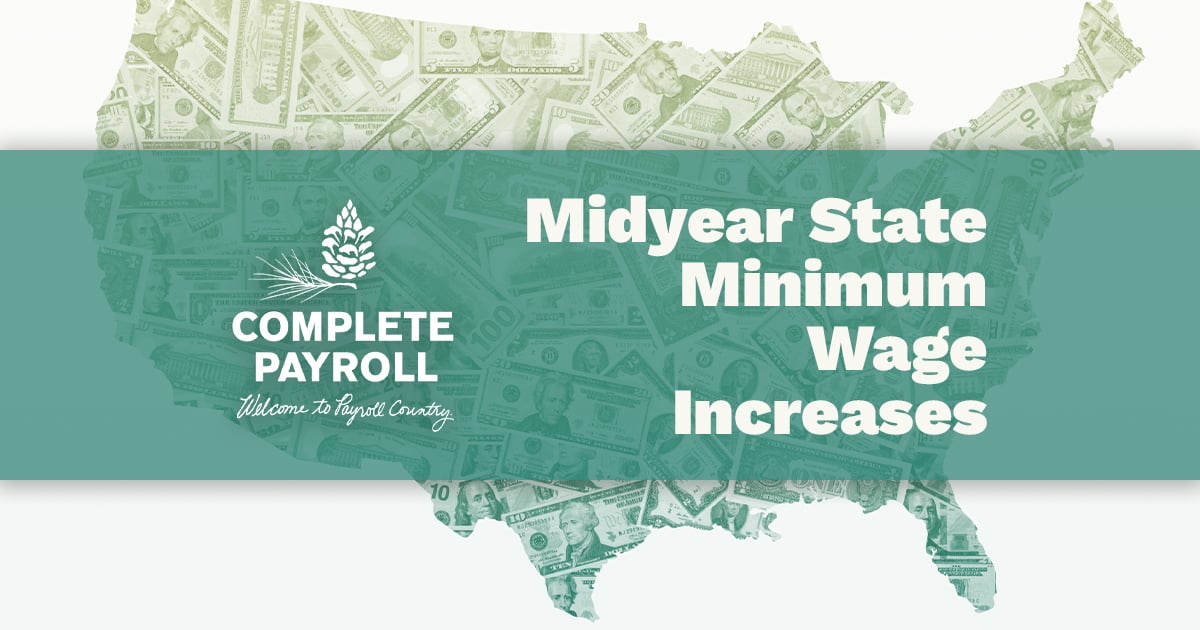Federal Commissioned Sales Employee Exemption
Overview of Law
Commissioned employees in retail and sales establishments may be exempt from the overtime requirements of the FLSA if certain conditions are met. This exemption is different from the commonly used White Collar Exemptions. If a retail or service employer elects to use the overtime exemption for commissioned employees, three conditions must be met.
Commissioned Retail or Sales Employee Exemption Test:
- The employee must be employed by a retail or service establishment; and
- The employee's regular rate of pay must exceed one and one-half times the applicable minimum wage for every hour worked in a workweek in which overtime hours are worked (e.g., if an employee works 43 hours they would need to make at least 1.5x minimum wage for all 43, not just the 3 that were overtime); and
- More than half the employee's total earnings in a representative period must consist of commissions.
The representative period for determining if enough commissions have been paid may be as short as one month, but must not be greater than one year. The employer must select a representative period in order to determine if this condition has been met.
If the employee is paid entirely by commissions or draws and commissions, or if commissions are always greater than salary or hourly amounts paid, the the-greater-than-50%-commissions condition will have been met. If the employee is not paid in this manner, the employer must separately total the employee's commissions and other compensation paid during the representative period. The total commissions paid must exceed the total of other compensation paid for this condition to be met. To determine if an employer has met the "more than one and one-half times the applicable minimum wage" condition, the employer may divide the employee's total earnings attributed to the pay period by the employee's total hours worked during such pay period. If the result is greater than time and one-half the minimum wage, this condition of the exemption has been met.
Hotels, motels, and restaurants may levy mandatory service charges on customers which represent a percentage of amounts charged customers for services. If part or all of the service charges are paid to service employees, that payment may be considered commission and, if other conditions in section 7(i) are met, the service employees may be exempt from the payment of overtime premium pay.
Typical Problems Regulations require that employers maintain accurate records of hours worked each workday, hours worked each workweek and earnings and wages paid. Without hours worked and earnings records, the employer will be unable to substantiate that all conditions for the exemption have been met. In addition, the employer must select a representative period of at least one month, but not more than one year, which typifies the characteristics of the employee's earning pattern, in order to test whether the employee is paid principally by commissions.
Tips paid to service employees by customers may never be considered commissions for the purposes of this exemption.
The Fair Labor Standards Act (FLSA) establishes minimum wage, overtime pay, recordkeeping, and youth employment standards affecting employees in the private sector and in Federal, State, and local governments. Read the basic requirements of the FLSA here.
Got a labor law question?
Our team helps employers with labor law compliance every day. Complete the form below to ask a question or request some help.
General Disclaimer
The materials and information available at this website and included in this blog are for informational purposes only, are not intended for the purpose of providing legal advice, and may not be relied upon as legal advice. The employees of Complete Payroll are not

















